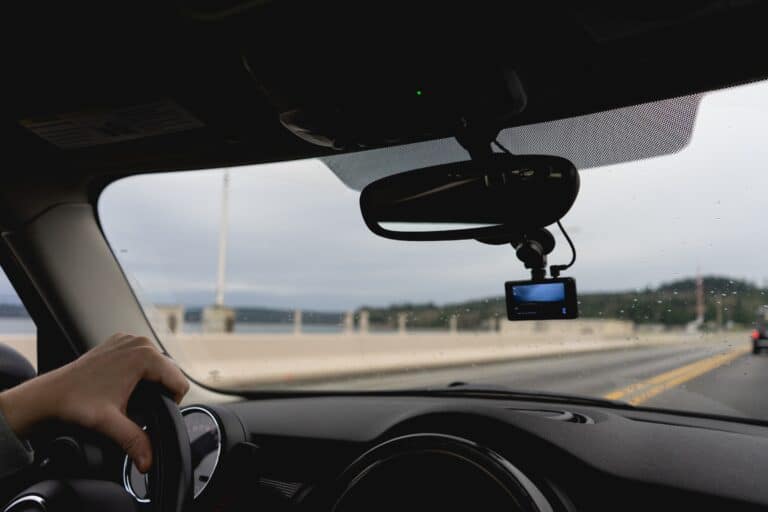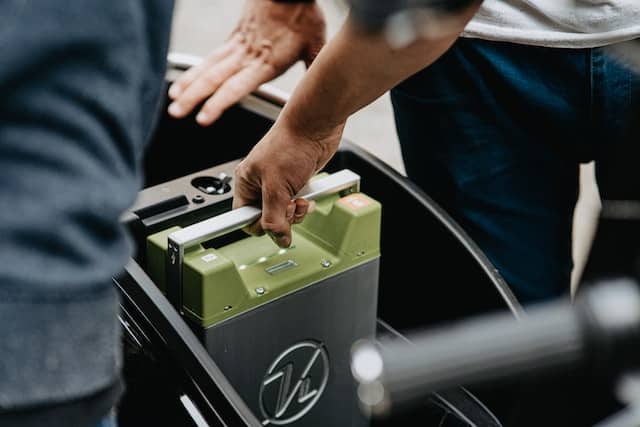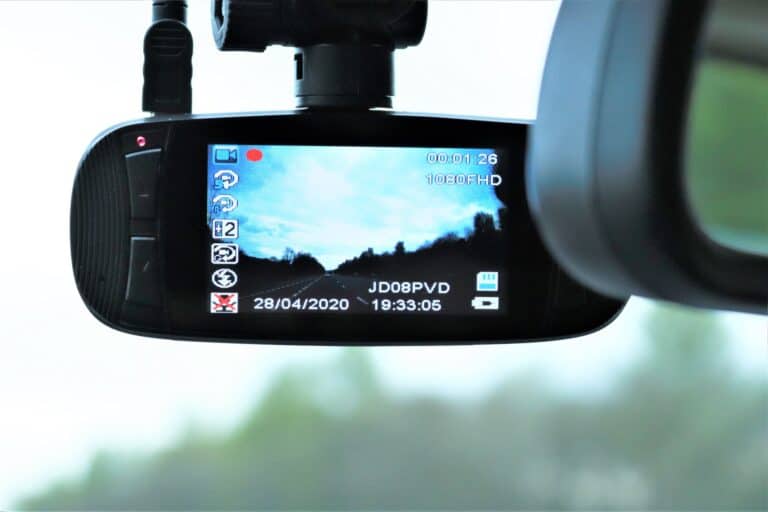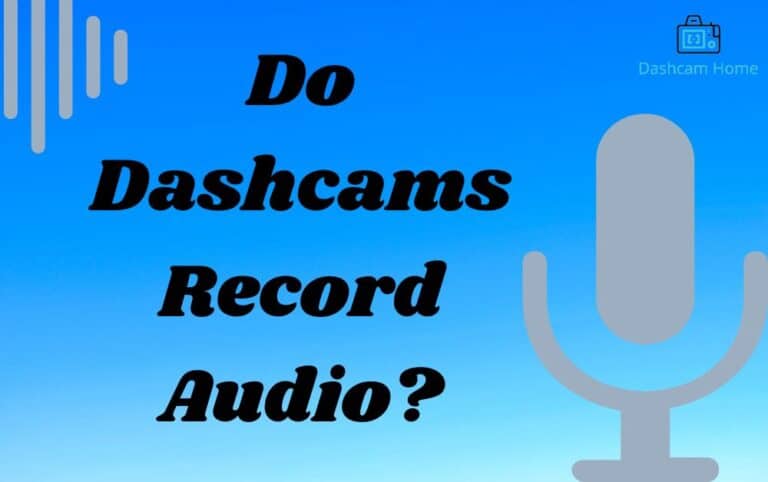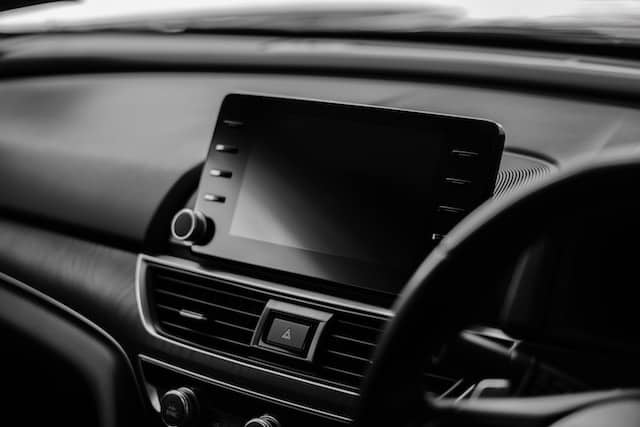Can Dashcam Be Used For Speeding? Yes, Here’s How!
Do you ever wonder if your dashcam footage can be used as evidence for speeding violations? With the increasing popularity of dashcams, it’s important to understand their potential role in such cases.
In this article, we will explore the legal considerations, accuracy and reliability of dashcam speed data, admissibility in court, and alternative ways to verify speeding allegations.
When it comes to using dashcam footage for speeding cases, there are several factors to consider. First and foremost is the legality of capturing speed-related information with your dashcam. Understanding the laws surrounding this issue is crucial in determining whether or not your footage can be used as evidence.
Additionally, we will delve into the accuracy and reliability of dashcam speed data. How well do these devices measure speed? Can they be trusted as reliable sources of information?
Furthermore, we will discuss the admissibility of dashcam evidence in court. What are the criteria that need to be met for a judge to consider this type of evidence?
Lastly, we will explore alternative methods for verifying speeding allegations without solely relying on dashcam footage.
By examining both the pros and cons of using dashcams for speeding cases, you’ll gain a comprehensive understanding of their potential role in these situations. So buckle up and join us on this informative journey into the world of dashcams and their use in speeding violations.
Legal Considerations for Dashcam Footage
Using dashcam footage as evidence of speeding can have legal implications that you need to be aware of. While dashcams can capture real-time events, it’s important to consider the admissibility of this evidence in a court of law. In some jurisdictions, dashcam footage may be considered hearsay or lack authentication, making it inadmissible. It is crucial to consult with an attorney familiar with local laws regarding the use of dashcam footage in legal proceedings.
Further Reading: Can You Report Reckless Driving With Dash Cam?
Accuracy and Reliability of Dashcam Speed Data
Reliability and precision of speed data from dashcams can be surprisingly accurate. Dashcams are equipped with advanced technology that allows them to capture and analyze speed information with a high level of accuracy. The cameras use GPS, sensors, and algorithms to calculate the vehicle’s speed in real-time.
However, it’s important to note that external factors, such as weather conditions or camera placement, can affect the accuracy of the speed data.
Overall, dashcam speed measurements are generally reliable for understanding a vehicle’s velocity.
Admissibility of Dashcam Evidence in Court
You’ll be amazed at how dashcam evidence can significantly impact court proceedings.
Dashcam footage is often considered admissible in court as long as it meets certain criteria. Judges and juries find dashcam evidence to be reliable and objective, as it provides a clear visual record of events.
The footage can help establish the accuracy of speed data, making it a valuable tool in cases involving speeding violations.
Alternative Ways to Verify Speeding Allegations
Imagine being able to confirm the accuracy of speeding allegations through other means, such as eyewitness testimonies or GPS data. These alternative ways can provide additional evidence to support or refute the claim of speeding.
Eyewitness testimonies from individuals who observed the incident can offer valuable insights and corroborate the dashcam footage.
Additionally, GPS data can provide precise information about the vehicle’s speed at a given time, further bolstering the case.
Utilizing these methods ensures a comprehensive investigation into speeding allegations.
Pros and Cons of Using Dashcam for Speeding Cases
When it comes to using a dashcam for speeding cases, the good news is that it can provide solid evidence to support your side of the story. Dashcams record video footage of the road ahead, including your speed at any given time. This visual proof can be very helpful in proving that you weren’t speeding or that the alleged speed was exaggerated.
However, it’s important to consider some drawbacks before relying solely on dashcam footage as evidence.
Conclusion
In conclusion, while dashcams can provide valuable evidence in speeding cases, their use alone may not be sufficient to prove a violation beyond a reasonable doubt.
Legal considerations, such as admissibility and reliability of the speed data, should be thoroughly assessed before relying solely on dashcam footage. It’s advisable to explore alternative methods of verifying speeding allegations, such as radar guns or police officer testimony.
Ultimately, the decision to use dashcam footage for speeding cases should be made after careful analysis of its pros and cons in light of specific legal requirements.
Read Also: Does Dash Cam Show Speed? No-Nonsense Guide


